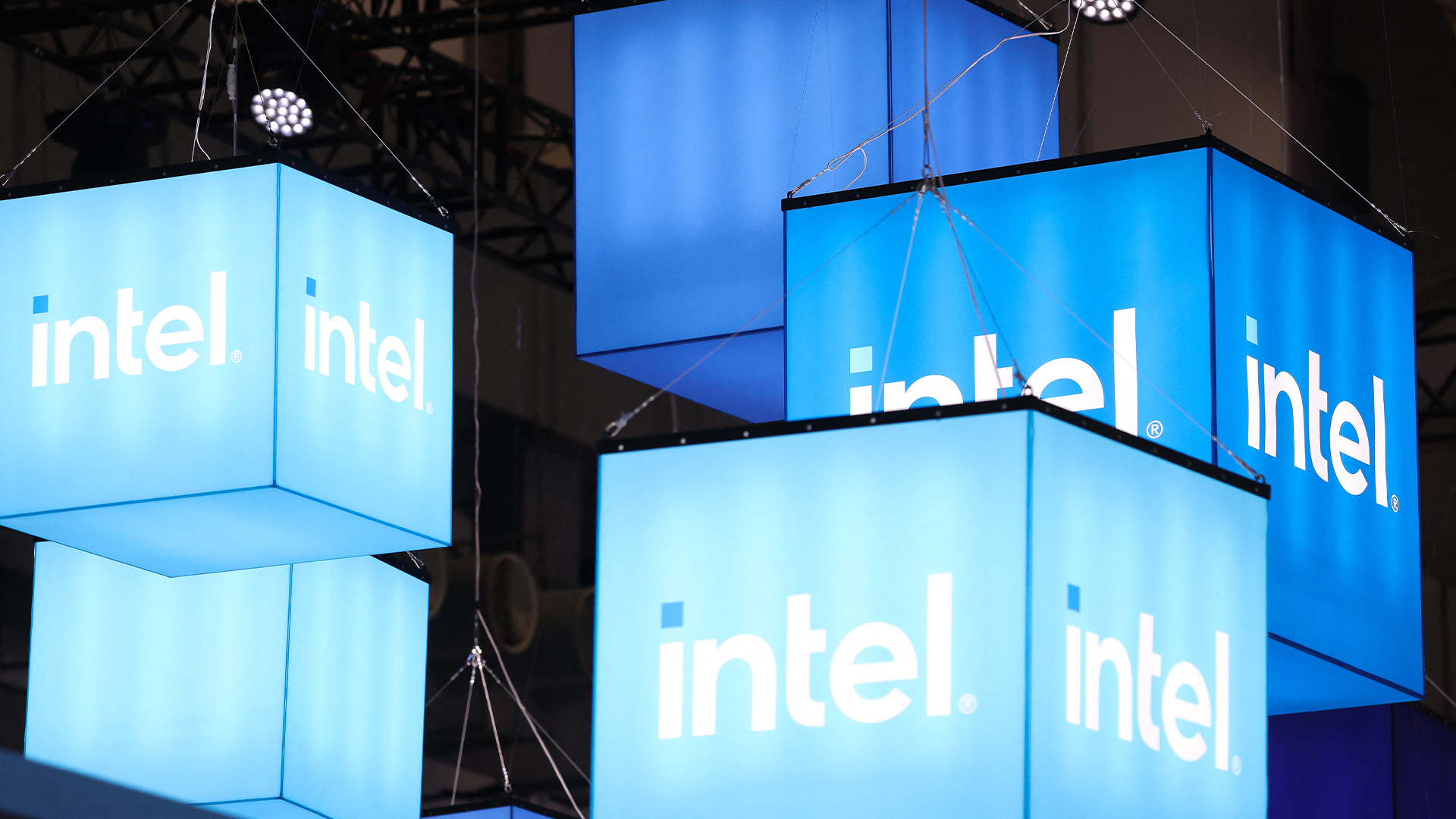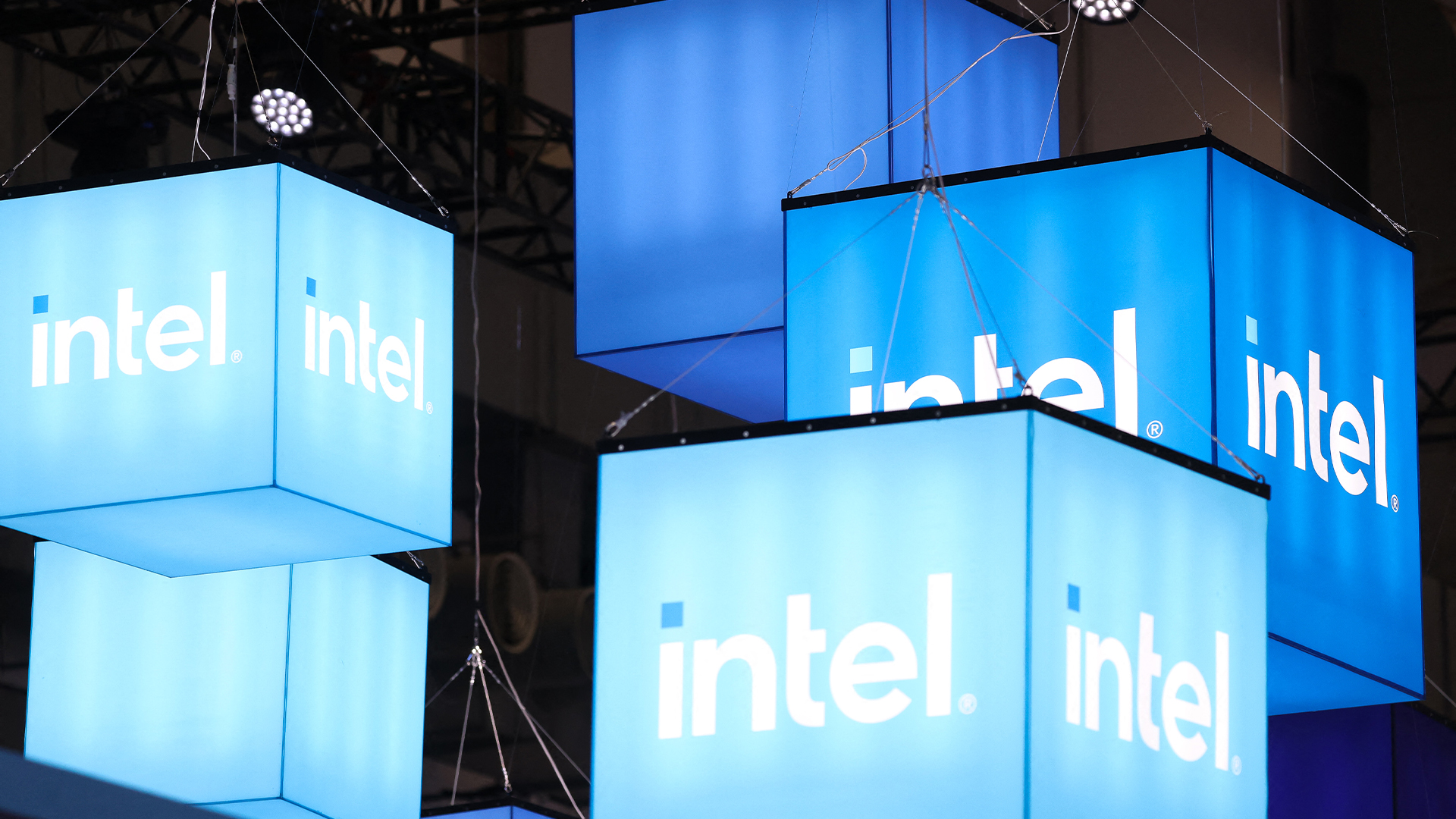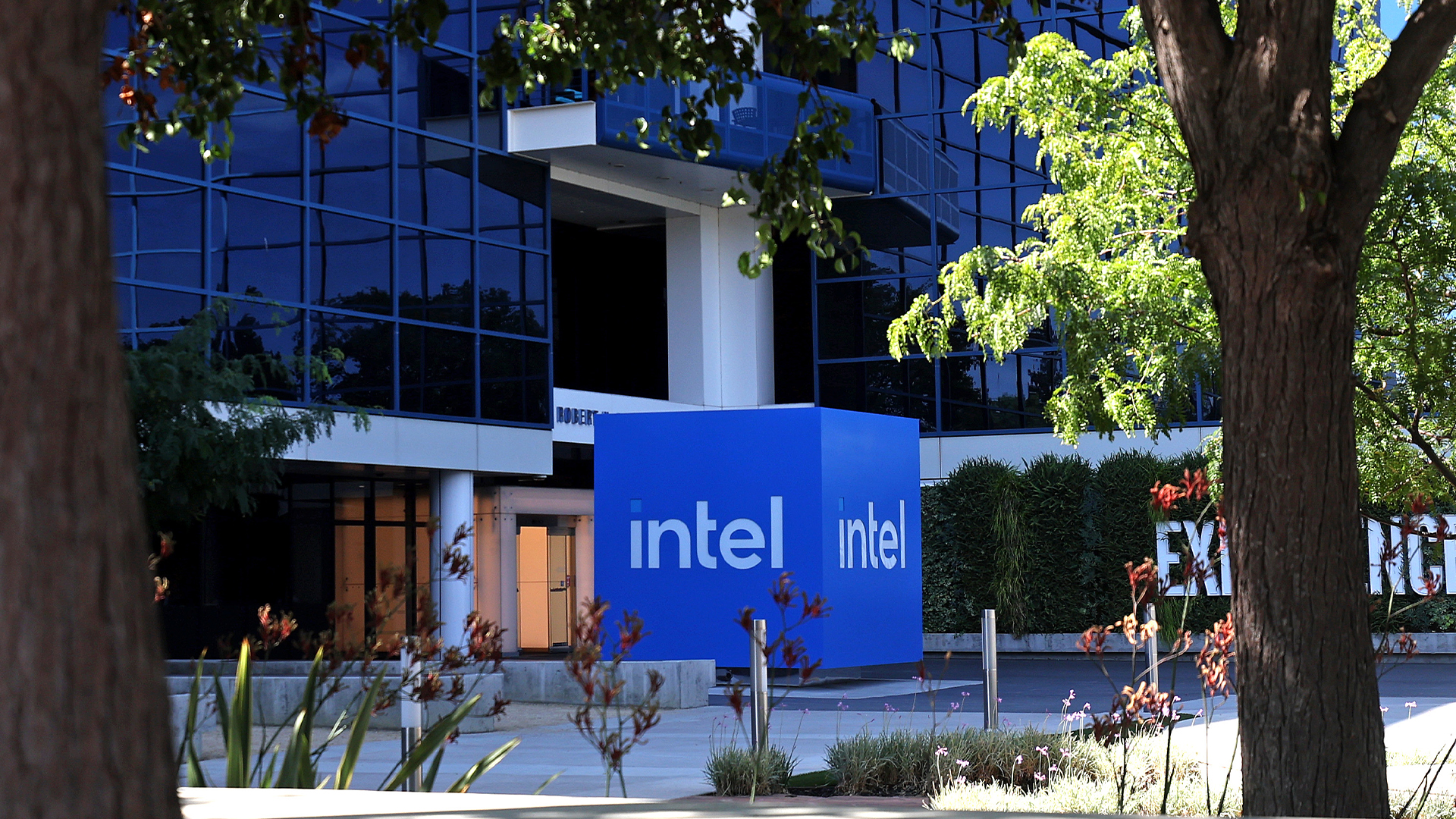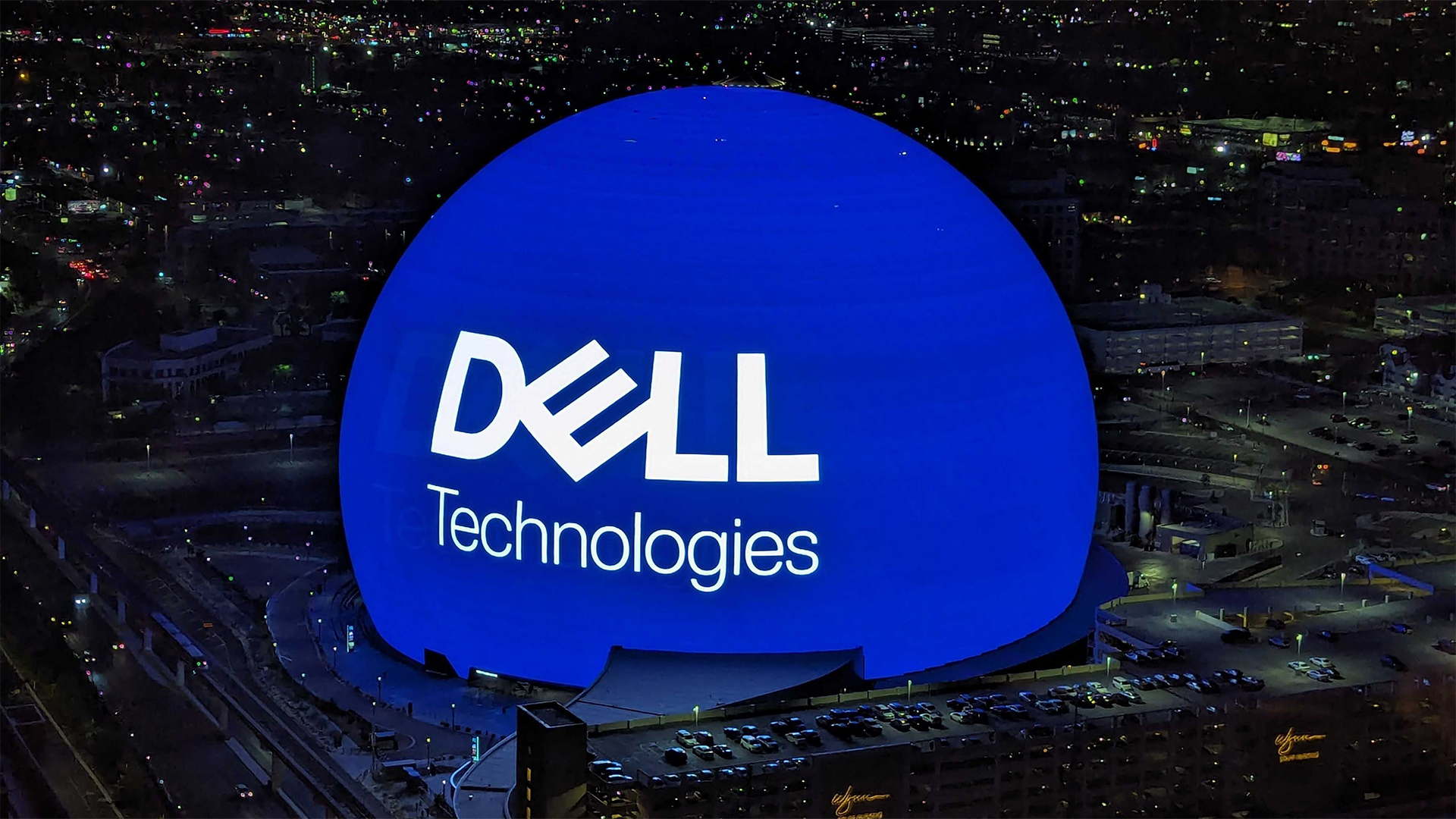Budget SSDs to bolster market?
The technology industry has been waiting for SSDs to takeover the market and with the release this week of two budget products, is now its time?


It has long been said that high prices have prevented the solid state drive (SSD) market from taking off, but the past few days has seen two major industry players start shipping budget chips.
Last week saw the OCZ Technology Group launching its first under $100 SSD under the name OCZ Onyx SATA II.
Now Intel has got in on the act and begun shipping its own cheaper product, the X25-V Value SATA SSD, for $125.
But with price cuts comes spec cuts, and to get the price this low means neither live up to the standards of the higher end models.
The OCZ Onyx has read speeds of 125MB/s and write 70MB/s speeds, a better balance than the X25-V Value's miniscule 35MB/s read speed and 170MB/s write speeds, but Intel wins on capacity the key to performance with 40GB compared to OCZ's 32GB.
Both companies admit these are entry level products and are designed for boot ups on netbooks and laptops rather than exceptional performance on bulkier PCs - but will this lower spec and lower price point encourage people into the ways of the SSD?
Marcus Schneider, one of the directors of SNIA Europe and director of product segment data protection at Fujitsu in Germany, thinks it may just do that.
Get the ITPro daily newsletter
Sign up today and you will receive a free copy of our Future Focus 2025 report - the leading guidance on AI, cybersecurity and other IT challenges as per 700+ senior executives
In an interview with IT PRO, Schneider said: "Price has certainly been one of the major criteria for mass adoption because whenever somebody talks about flash their first comment is 'wow, they are so expensive'."
"We can prove in an individual case why even at the high price it makes sense to buy it but of course customer perception and emotions are a different thing... they see the price tag and [it] looks very high compared to the normal HDDs."
He admitted that the price of flash memory has not dropped as much as industry experts had expected two years ago, slowing down mass adoption, but Intel and OCZ have taken an inventive route.
"These vendors couldn't change [the price of flash] so what they did [was] create new products, with different feature sets, at better prices. The good thing for the market is that they have managed to bring down the perceptions of price tags, that is important."
Schenider concluded there was still away to go to get affordably priced SSDs up to enterprise storage standards but this increase in competition and reduction of the price point was "very much appreciated" by the market and would "help to drive the technology."
His thoughts were echoed by Nick Broadbent, UK managing director of DataCore.
"The issue (with SSDs) has always been cost, and as the prices have dropped so the interest has risen," he told IT PRO.
"I think this will begin to open up this market, and we will soon see more follow suit and see this niche disk move towards the commodity disk of the future. There is still some way to go, but it is a very good start and now at least a price most companies that need the highest performance for their high transaction application, can afford."
Jennifer Scott is a former freelance journalist and currently political reporter for Sky News. She has a varied writing history, having started her career at Dennis Publishing, working in various roles across its business technology titles, including ITPro. Jennifer has specialised in a number of areas over the years and has produced a wealth of content for ITPro, focusing largely on data storage, networking, cloud computing, and telecommunications.
Most recently Jennifer has turned her skills to the political sphere and broadcast journalism, where she has worked for the BBC as a political reporter, before moving to Sky News.
-
 Cleo attack victim list grows as Hertz confirms customer data stolen
Cleo attack victim list grows as Hertz confirms customer data stolenNews Hertz has confirmed it suffered a data breach as a result of the Cleo zero-day vulnerability in late 2024, with the car rental giant warning that customer data was stolen.
By Ross Kelly
-
 Lateral moves in tech: Why leaders should support employee mobility
Lateral moves in tech: Why leaders should support employee mobilityIn-depth Encouraging staff to switch roles can have long-term benefits for skills in the tech sector
By Keri Allan
-
 The gloves are off at Intel as new CEO plots major strategy shift
The gloves are off at Intel as new CEO plots major strategy shiftNews Intel’s incoming CEO has some big plans for the firm’s business strategy, sources familiar with the matter have told Reuters, with more job cuts looming on the horizon.
By George Fitzmaurice
-
 Intel just won a 15-year legal battle against EU
Intel just won a 15-year legal battle against EUNews Ruled to have engaged in anti-competitive practices back in 2009, Intel has finally succeeded in overturning a record fine
By Emma Woollacott
-
 AMD and Intel’s new x86 advisory group looks to tackle Arm, but will it succeed?
AMD and Intel’s new x86 advisory group looks to tackle Arm, but will it succeed?News The pair will look to make x86 CPU architecture more interoperable
By George Fitzmaurice
-
 Why the world is about to be swamped with AI PCs
Why the world is about to be swamped with AI PCsNews With adoption rates set to surge, AI PCs will become far more mainstream in years to come
By Nicole Kobie
-
 Intel needs to “get its story right” to turn things around and capitalize on the AI boom
Intel needs to “get its story right” to turn things around and capitalize on the AI boomAnalysis Intel has entered a period of uncertainty after announcing restructuring plans and a huge round of layoffs
By George Fitzmaurice
-
 How monitors deepen your employee experience and support your distributed workforce
How monitors deepen your employee experience and support your distributed workforcewhitepaper Drive business outcomes by empowering, enabling, and inspiring employees with the right monitors wherever they work from
By ITPro
-
 Forrester: Power up your hybrid workplace with monitors
Forrester: Power up your hybrid workplace with monitorswhitepaper Evolve remote work policies into work-and-learn-from-anywhere strategies
By ITPro
-
 Driving employee experience and productivity across industries
Driving employee experience and productivity across industrieswhitepaper Monitors are an imperative in the hybrid era
By ITPro